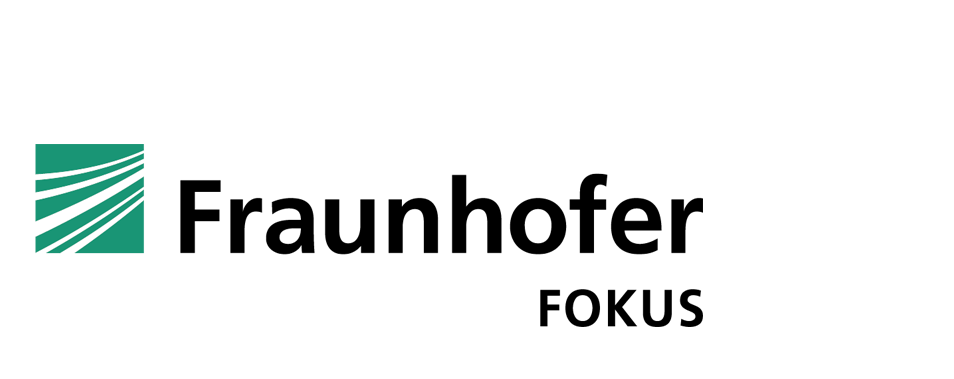Fraunhofer FOKUS, Berlin

Dense, swift, loud, dirty but also full of energy and versatile, this is how life in a megacity can be described. According to the United Nations even today half of the world’s population lives in cities, a rapidly increasing trend. Urban infrastructure must be prepared for the ever increasing population density: Because more people mean more traffic, more garbage and a high requirement for energy. At the same time the inhabitants of a city demand more from their city and the urban administration as well: 24/7 internet, effective and transparent politics, functioning infrastructures and all this with the greatest possible protection of privacy.
Intelligent cities adjust themselves to the individual needs of its residents and offer them at the right time exactly that what each one of them wants – in a quick, cost-effective and sustainable manner. The integration of all the fields of a city plays a decisive role. Information and Communication Technology provides the fundamental basis therefor.
Using resources sensibly
The aim of Fraunhofer FOKUS is, to provide interoperable solutions for such Smart Cities. They help in the sensible usage of resources like energy and water, intelligent control of traffic and in overcoming catastrophes efficiently. They enable digital administration and an Open Government, and ensure that critical infrastructure such as traffic, power supply and medical help function reliably round the clock.
With around 500 employees FOKUS is one of the largest Fraunhofer institutes. Scientists from 11 competence centers cover the complete chain of development of urban IT-Infrastructure right from architectural design and modelling to middleware and platforms right up to concrete applications like the warning system KATWARN. Another core area lies in the counseling of public administration, ministries and organizations both domestically and abroad in the conceptualization of a complete IT-Strategy, the selection of appropriate solutions as well as the drafting of legislation in the IT-context. Market-like solutions are distributed by totally 15 Spin-offs.